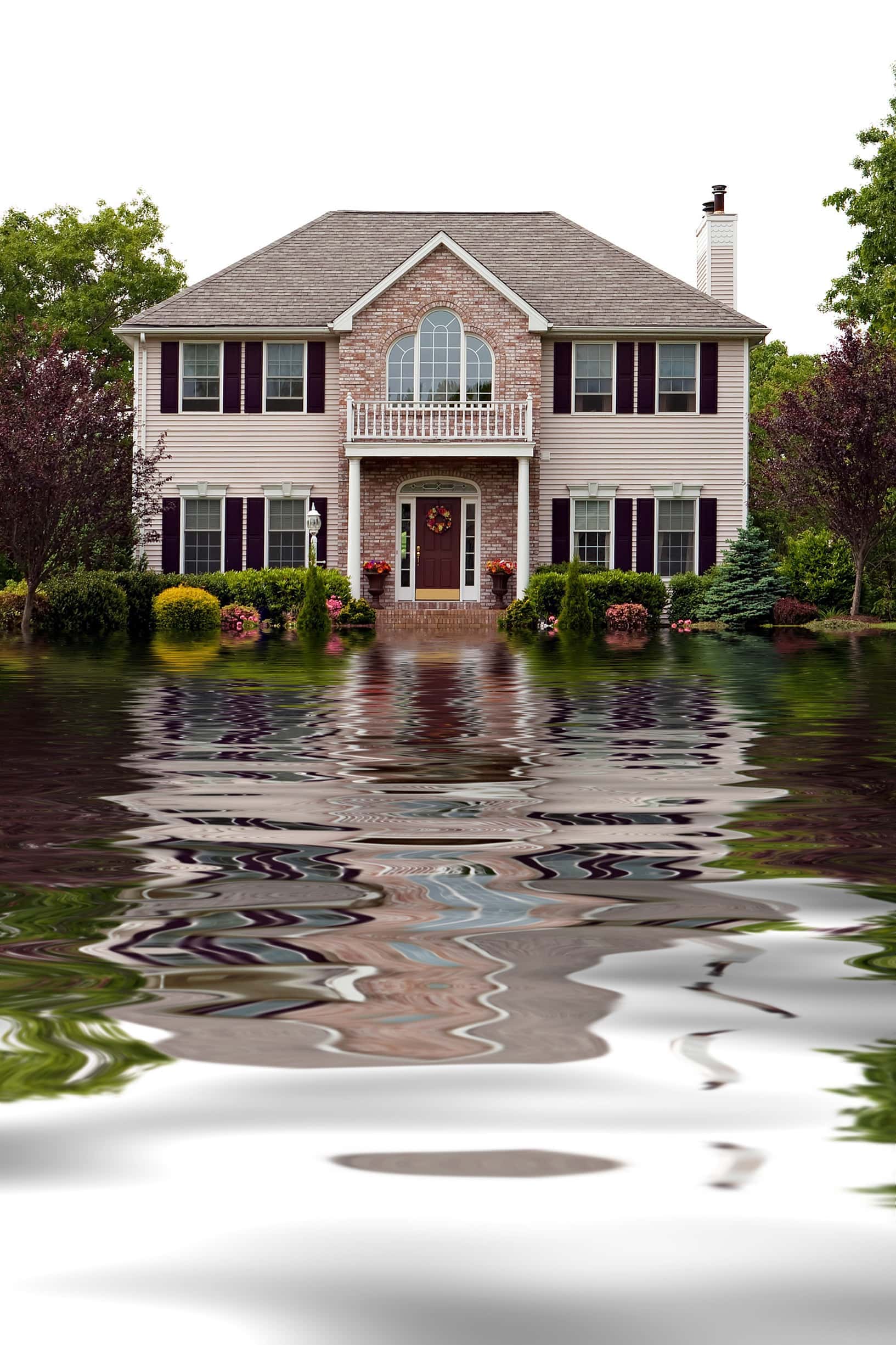Proactive Protection: Your Guide to Avoiding Losses
Claims can be stressful, disruptive, and emotional. We want to make sure you have the knowledge and tools to safeguard your lifestyle, business, and loved ones.

Escape of Water (EOW):
Locate and Test Shut-off Valve: It’s crucial to understand where your shut-off valve (stopcock) is located in case of an emergency. Regularly test the valve to ensure it can be turned off quickly and easily in the event of a water leak.
Regular Maintenance: Perform regular checks on your property, including hidden areas such as behind bath and shower panels, for evidence of water build-up or ingress that may lead to damage.
Maintenance Plan: Implement a comprehensive maintenance plan to prevent water from escaping due to wear and tear, ensuring that your plumbing and heating systems are in optimal condition.
Leak Detection Devices: Consider installing leak detection devices that can automatically shut off the water supply and raise an alarm if a leak is detected, especially if your premises may be temporarily unoccupied.
Professional Services: Always use qualified professionals for installations and repairs to minimize the risk of water leaks that could result from subpar workmanship.

Flood
Identify Vulnerabilities: Identify equipment, stock, and materials that might be affected by a flood. Move portable goods to higher levels to protect them from potential ground-level flooding.
Below-Ground Structures: Recognise below-ground structures that may be exposed to floodwaters. Relocate high-value or production-critical equipment to higher levels to prevent damage.
Regular Inspections: Inspect roof panels, gutters, waterproofing systems, and the condition of eaves regularly as part of your building’s maintenance plan. If possible, conduct maintenance work before an event occurs to minimise flood impact.

Storm
Roof Inspection: Regularly check your building’s roofing systems for any loose or improperly overlapped components that could be vulnerable to strong winds.
Proactive Repairs: Make necessary repairs to roof coverings and flashing during good weather to ensure they are secure before a storm strikes.
Clear Drains and Gutters: Verify that roof drains and gutters are clear of leaves, debris, and other obstructions to prevent water accumulation.
Drainage Systems: Ensure that storm drains and catch basins around your property are also clear of debris to prevent flooding.
Rainwater Management: Remove any accumulated rainwater from storage tanks to reduce additional weight on structures.
Site Inspections: Inspect areas surrounding your site, including construction sites and loose debris, that could pose threats to your property during a storm.
Electrical Systems: Before a storm, switch off non-essential electrical systems to prevent damage and reduce the risk of fires or electrical hazards.

Theft
In today’s business landscape, there’s an increased exposure to commercial crime, with potential threats from internal employees, external sources, or a combination of both. Safeguard your business against theft with these precautions:
Identify Vulnerable Areas: Identify areas within your premises that could be vulnerable to forced entry. Consider additional security measures such as cameras and enhanced locks.
Security Systems: Ensure that your business has an operational and active alarm system, complemented by 24-hour CCTV surveillance when possible.
High-Value Goods: Keep high-value goods out of sight from shop or storefront windows when the premises are closed to deter potential thieves.
Stock Rooms: Lock stock rooms at the end of each business day to prevent unauthorised access.
Cash Handling: Remove cash from your premises when possible, and leave tills open to demonstrate that there is nothing valuable to steal overnight.
Property Inspections: Regularly inspect vacant or unoccupied properties for security vulnerabilities.
Evaluate Cyber Risks: Consider your business’s cybersecurity to protect against data theft and cybercrimes, which are increasingly prevalent in the digital age.
Brownhill’s Recommendations
In conclusion, proactively addressing potential risks such as Escape of Water, Floods, Storms, and Theft is not only prudent but essential for safeguarding your property, assets, and business operations. By implementing the recommended preventive measures and staying prepared, you can significantly reduce the impact of these common losses. Moreover, maintaining a comprehensive insurance policy tailored to your unique needs ensures you have a reliable safety net in place when unforeseen events occur. At Brownhill Insurance Group, we’re here to guide you through this journey, offering personal, effortless, and collaborative support when you need it most. Your peace of mind is our priority.
